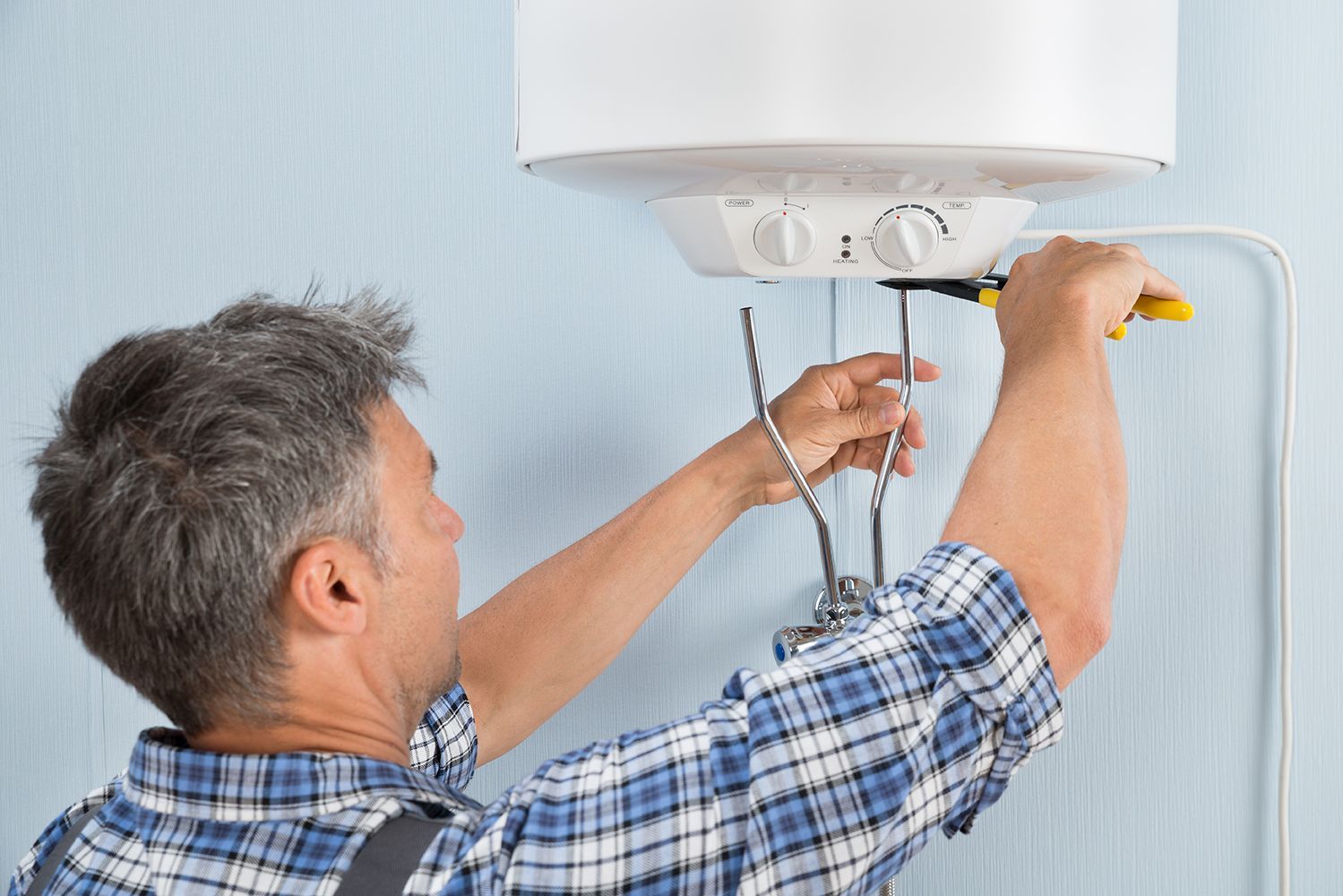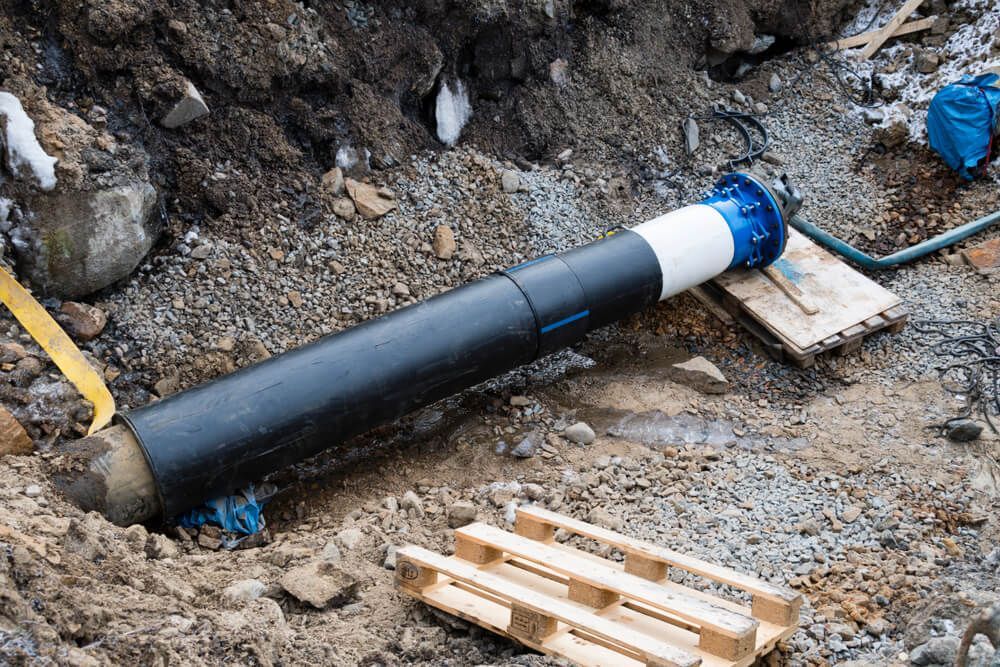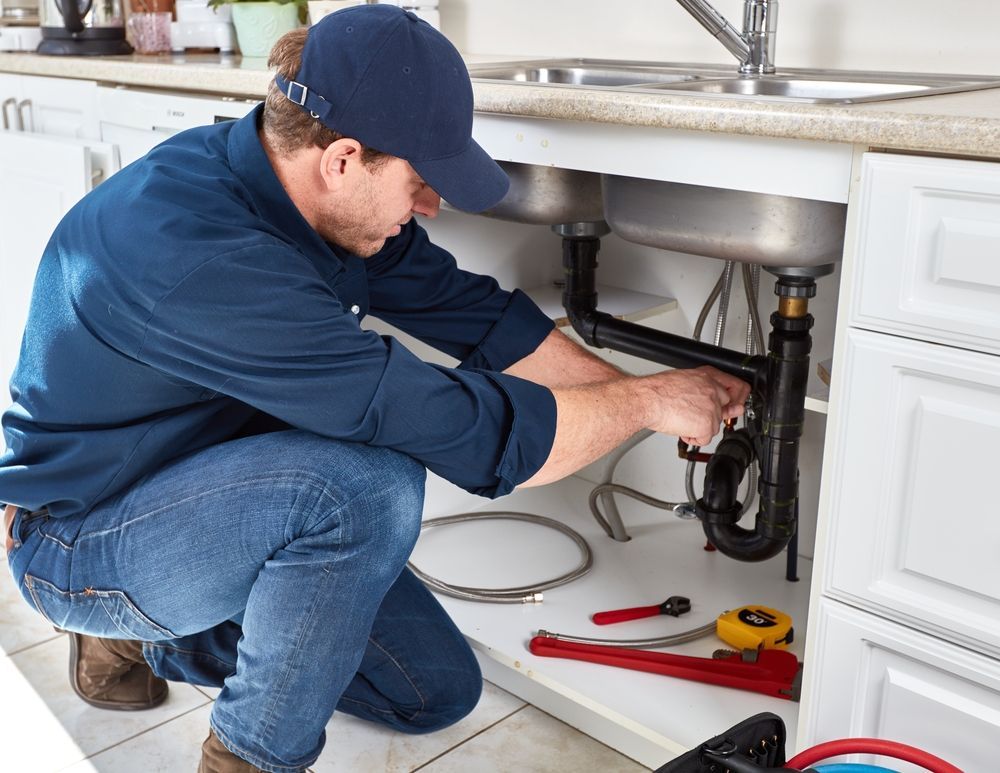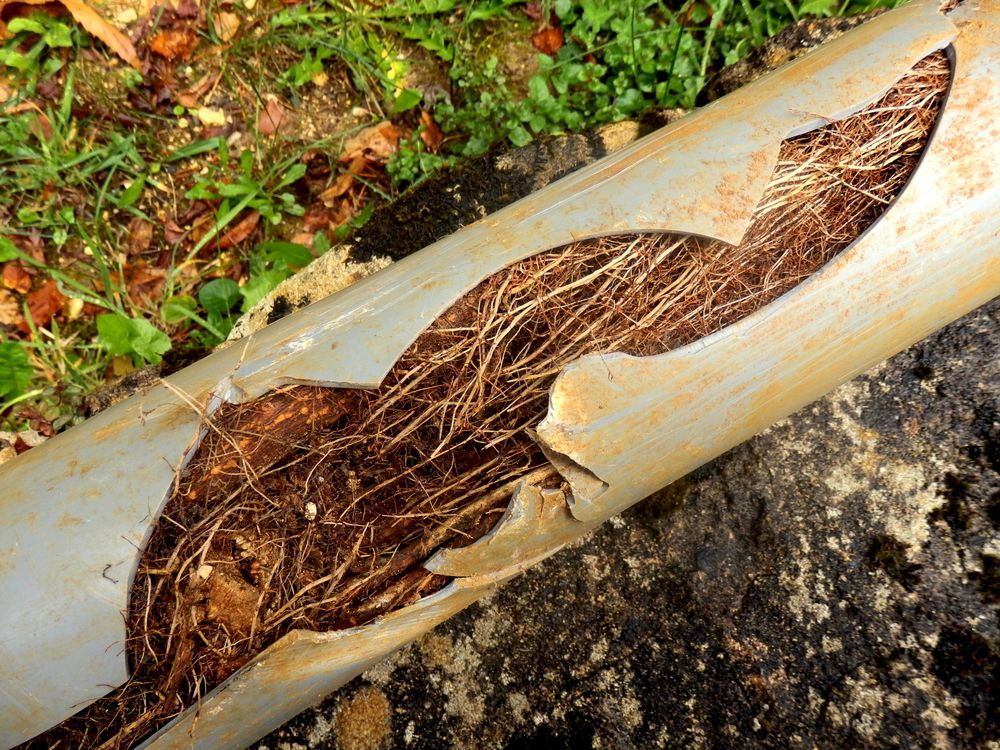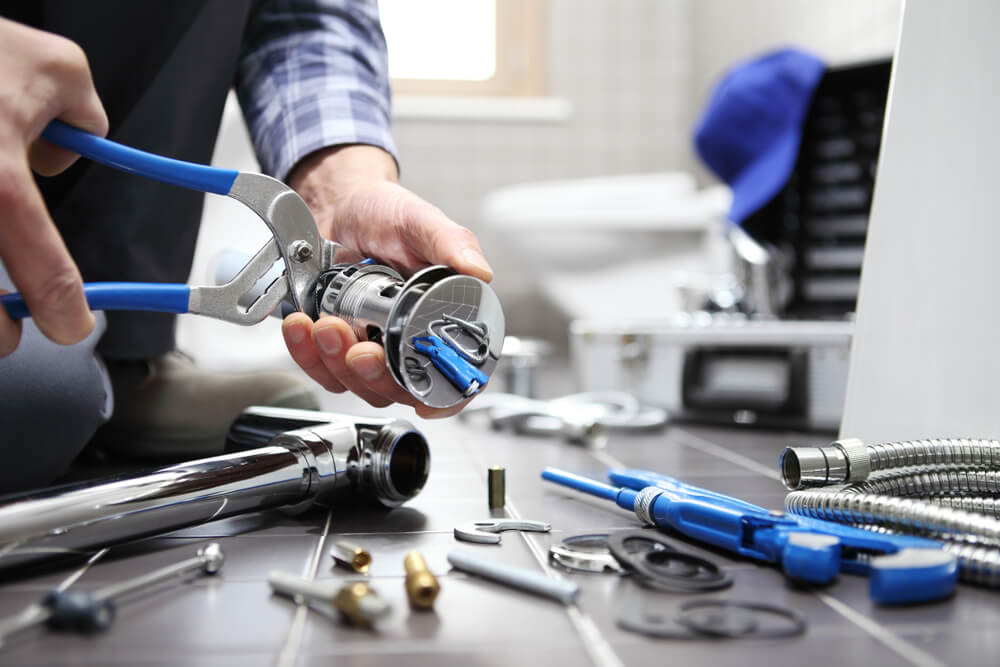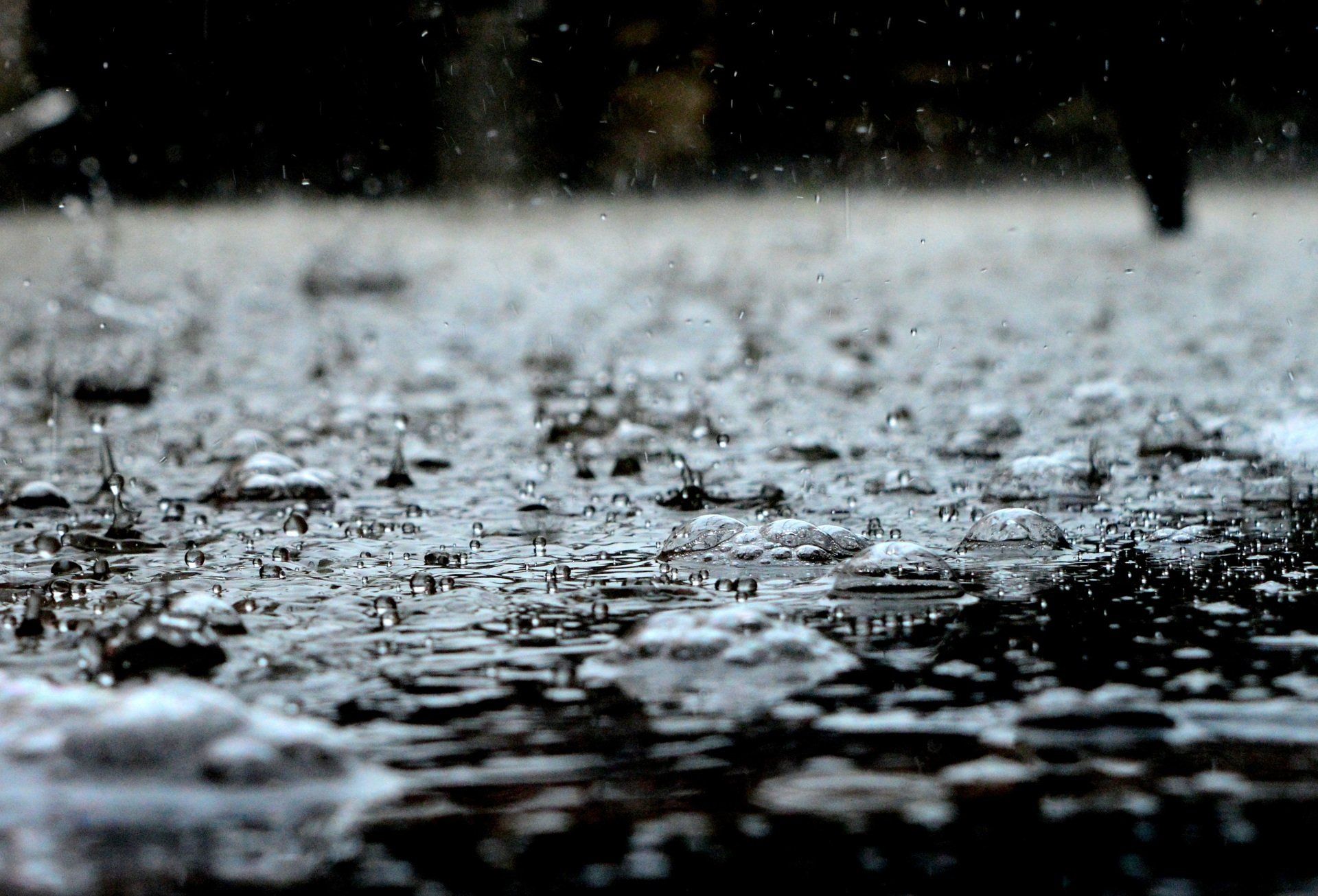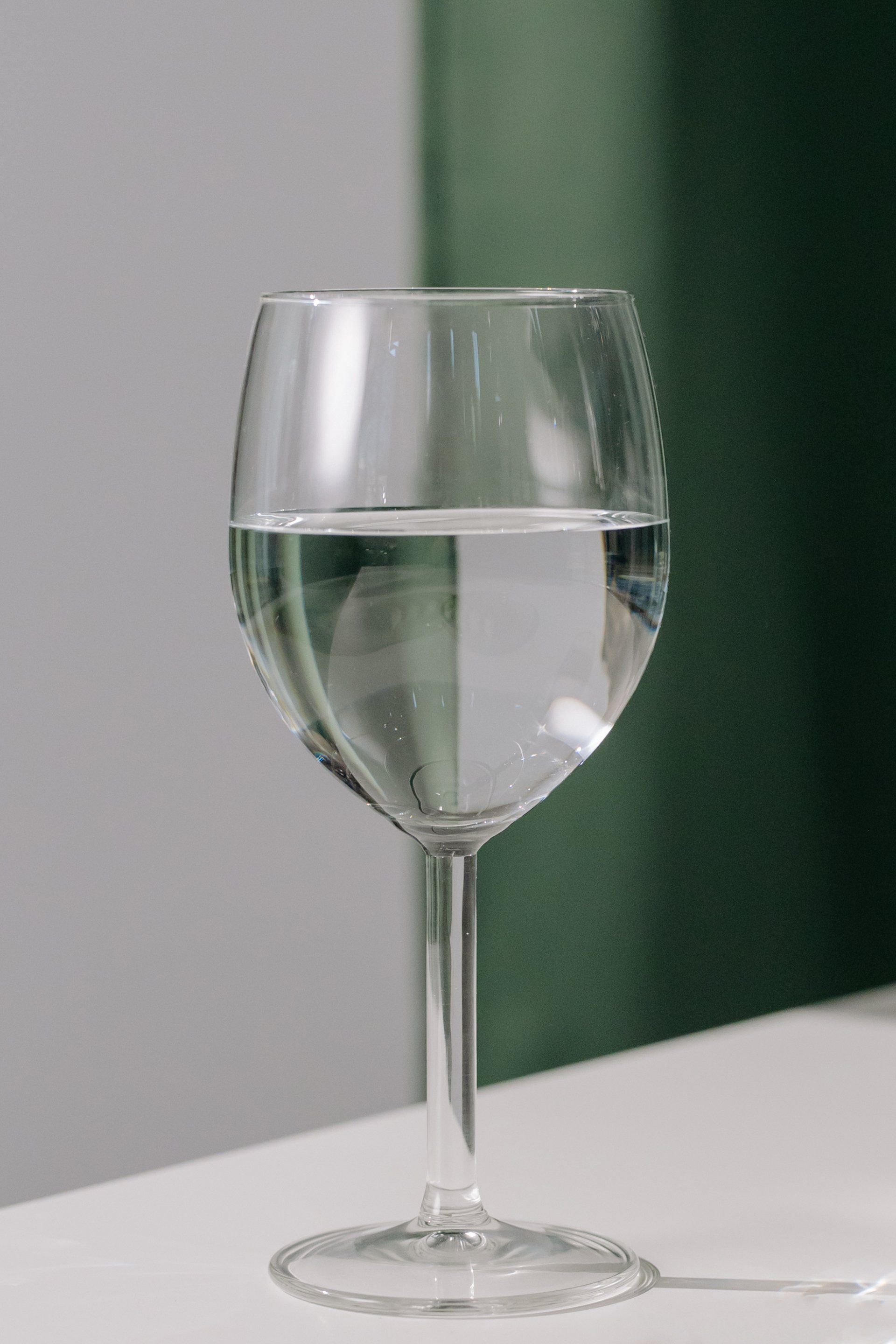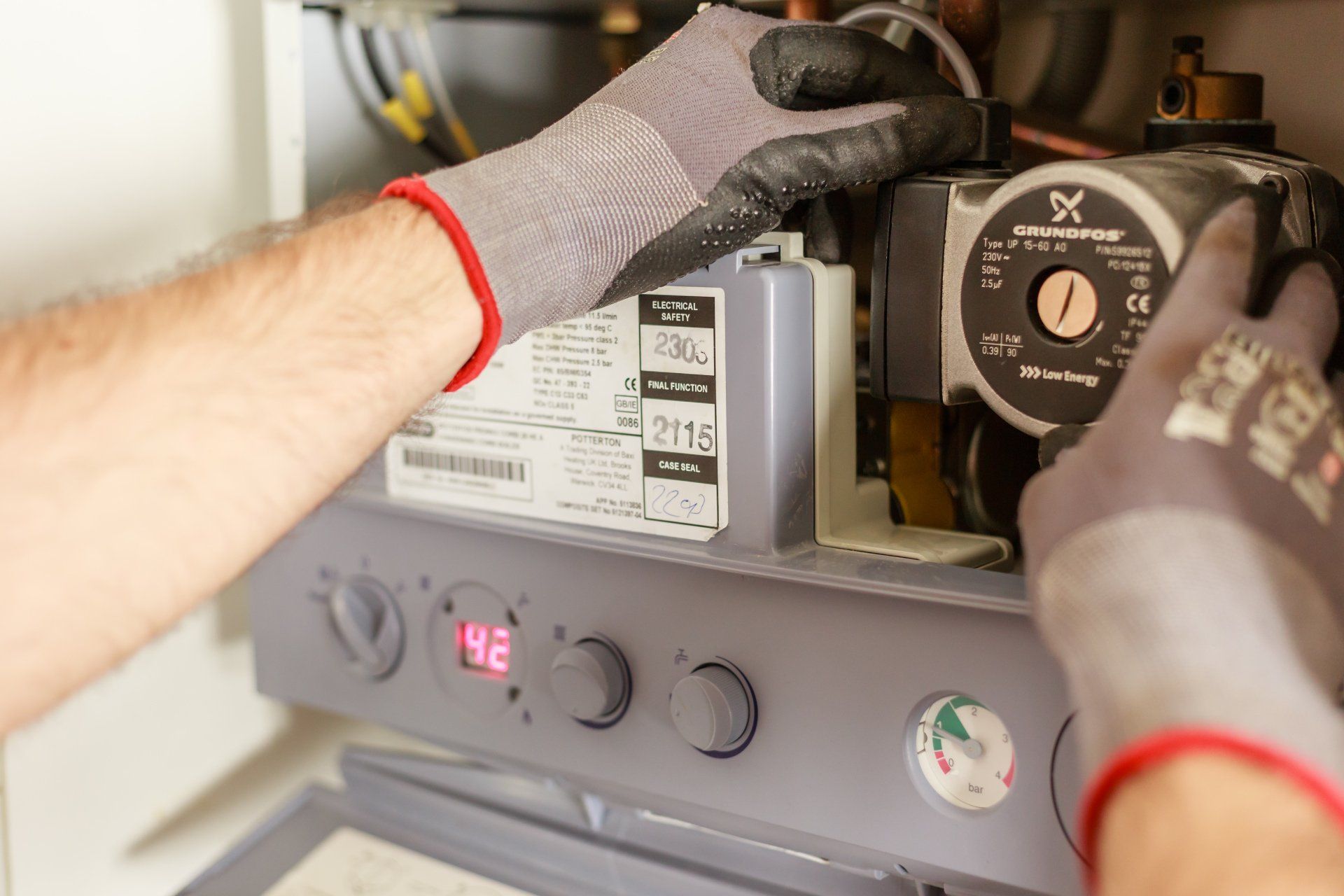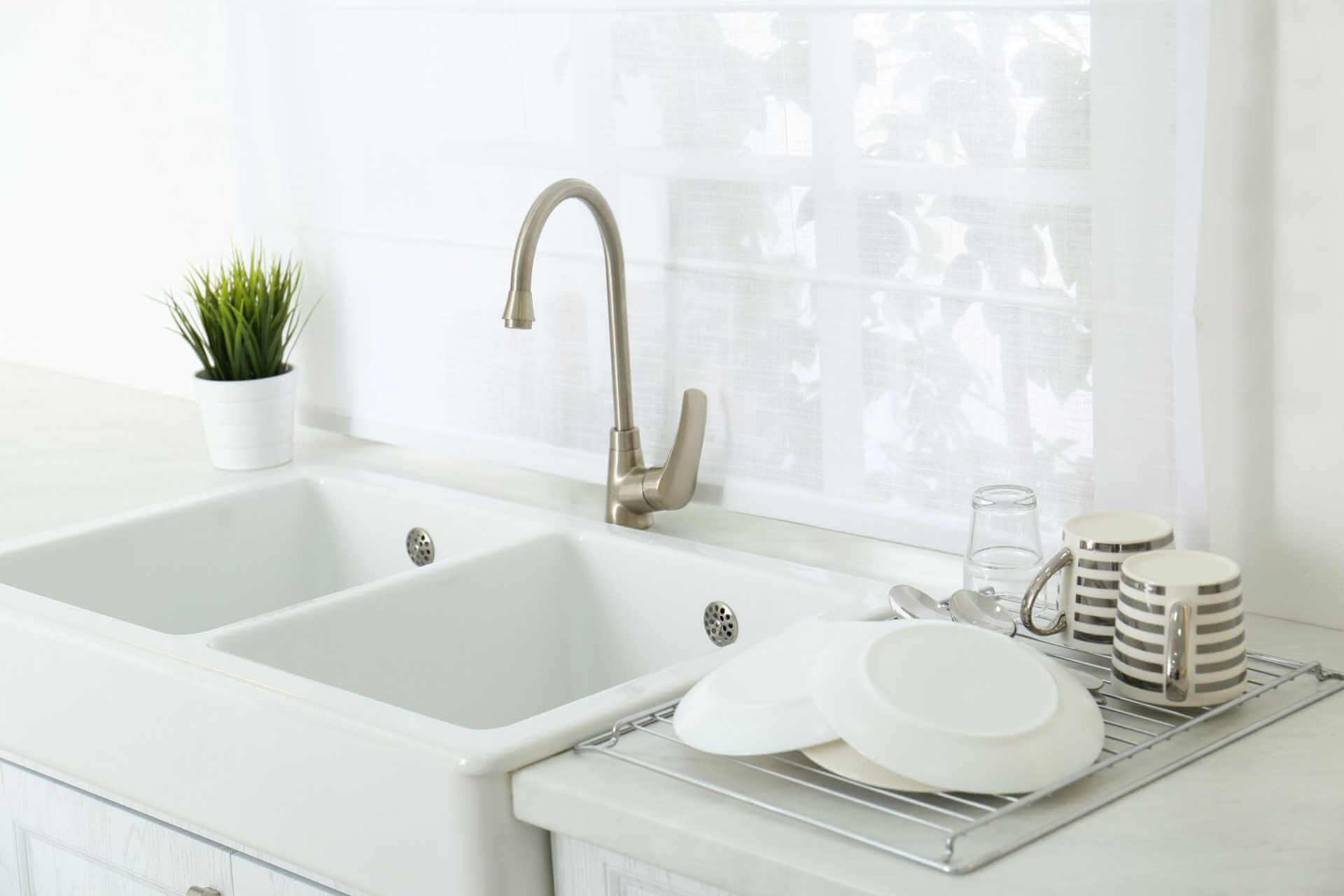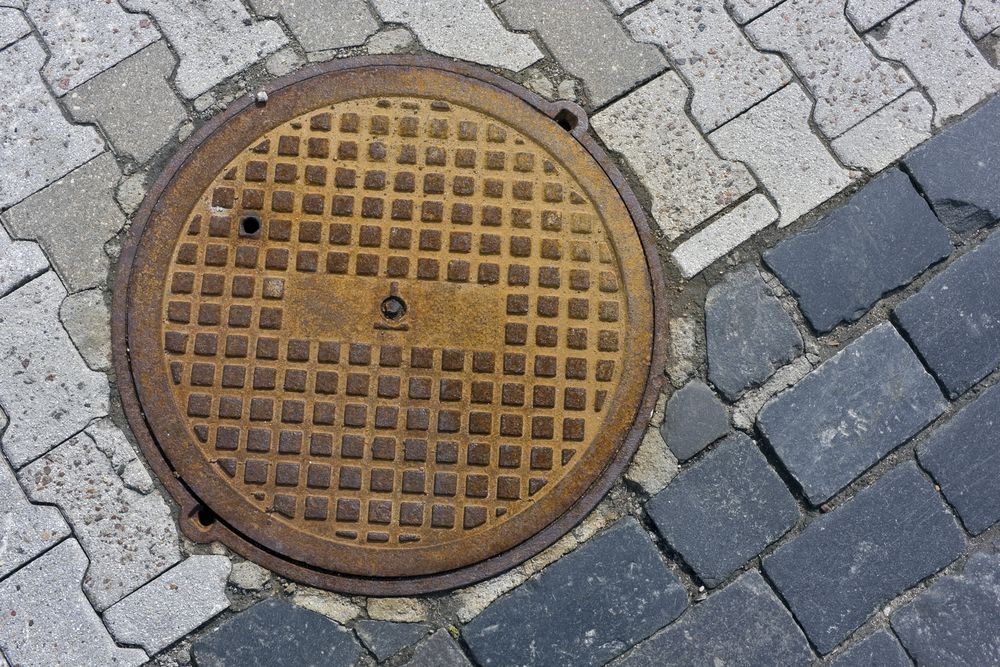Call Us 1300 479 100
We Are Open
Caring For Your Plumbing System Keeps Costs Down
These days, every household is eager to keep bills as low as possible. So it might interest you to know that one of the most overlooked ways to curve costs can be found in your plumbing. That’s right - if you haven’t inspected your pipes, taps and toilets in recent times, there’s a good chance your money is going down the drain.
To make matters worse, plumbing problems left unattended can brew quietly and out of sight. Then, one random day, they escalate into a full-blown disaster that requires a 24-hour emergency plumber.
So it makes sense to prevent these problems from occurring in the first place, right? One of the easiest ways you can do this is with regular plumbing systems maintenance. As your friendly local professional plumbers, we’re here to share some basic plumbing tips and advice on how to care for your plumbing and avoid costly blow-outs.
In this article, we will:
- Explain plumbing systems
- Outline why regular inspections are important
- Use drains and pipes correctly
- Check water pressure regularly
- Inspect your hot water plumbing system
- Look & listen for leaks
- Answer some of the most frequently asked questions we receive from customers.
24/7 plumbing - call 1300 479 100
Before we get underway - if you are experiencing a plumbing emergency, stop reading and call our team on 1300 479 100. Our
emergency plumbing repair service is available 24/7 to respond to any situation day or night. Don’t apply a DIY solution to a full-blown plumbing issue, as this can often make matters (and costs) worse. Let our team assess the damage, provide you with transparent costs and get repair work underway immediately.
What is a plumbing system?
Plumbing systems transport water in and out of your home and remove sewerage and other waste from the property. A system typically comprises parts such as pipes, valves and fixtures, all of which are required to efficiently perform the overall tasks.
We don’t give our plumbing systems much credit at all as all their work is done literally behind the scenes. However, it’s thanks to these clever designs that we can drink, wash, bathe and use the toilet.
As such, it’s essential to keep our plumbing systems in tip-top shape. So, let’s find out how!
Regular inspections by a professional plumber
Prevention is better than cure. A stitch in time saves nine. They’re well-used cliches for good reason and that’s because, when it comes to plumbing, they can save you a small fortune. It sounds counterintuitive coming from plumbers, but we’re big believers in avoiding problems rather than fixing them.
The best way to do this is by booking a quality control check with one of our expert plumbers in Sydney. We have the skills and tools available to conduct efficient, thorough checks of your entire plumbing system to ensure it’s working in tip-top shape and there is no chance of surprise blow-outs.
There are several reasons a professional plumbing check makes good sense:
- Early detection saves you time, money and anxiety.
- Routine inspections minimise the chance of problems escalating in severity and cost.
- Detecting any troubles can save water, which again shaves money off household bills.
- Some plumbing problems have inherent health risks, which a routine inspection can nip in the bud.
- Insurance companies often require evidence of up-to-date compliance so that cover remains valid.
Correct usage of household drains & pipes
The most common cause of blocked toilets and blocked drains is incorrect use, or abuse. Household plumbing systems are designed to transport water and remove water and waste. In short, your pipes and drains are not designed to serve as alternative rubbish bins.
Food scraps, wet wipes, sanitary products, disposable nappies, fat, hair, and solidifying soap - all these are big no-nos when it comes to disposing of them down your pipes. You can avoid this by ensuring everyone under the roof is aware of what can and cannot go down a sink, drain or toilet. Use drain screens and check around sink openings for any signs of ‘other matter’ that should be placed in a rubbish bin.
We also recommend a
sink incinerator as a terrific means of keeping food scraps away from drains. If you’re interested in an insinkerator installation or repair quote, don’t hesitate to contact us.
Check water pressure regularly
Low water pressure is frustrating for members of the household as it typically means slow, inefficient showering, longer wait times for washing machines and dishwashers to do their job, and increasingly costly bills.
Inversely, high water pressure can damage fixtures and pipes. Our professional plumbers will conduct a water pressure check during our call-out and ensure that your water system is running exactly as it should.
Inspect your hot water plumbing system seasonally
We recommend you conduct a hot water system check towards the end of each season to ensure everything is running smoothly. Over time, these systems can collect sediment and minerals that can adversely affect their performance and result in longer heat times, higher energy consumption, decreased water supply and bills that continue to creep up, up and up.
Seasonal checks not only help avoid this problem but can extend the system’s longevity and keep the house as safe as possible (particularly if a gas heater is involved). Keep the system well-ventilated, and check for leaks, corrosion and any signs of pooling water. Follow the manufacturer’s instructions to flush the tank of any build-up. Finally, ensure the temperature is set at a safe and reasonable level (around 49 degrees Celsius).
On top of your seasonal check, we recommend a professional
hot water system plumbing check at least once a year. We are also available for gas hot water installation should you require our services.
Look & listen for plumbing leaks
Leaking toilets and taps are some of the more common plumbing issues we experience in our line of work. Certainly, the most obvious signs include low water pressure and dripping sounds coming from walls, floors or ceilings. Visual clues include mould, water stains and actual water dripping.
Do you think your toilet is the culprit? A great tip is to put a small amount of food dye into your toilet tank. Wait 15 minutes and then inspect the toilet bowl - can you see signs of the food colouring? If so, you have discovered the offending leak!
Another great way to find out whether or not you have a leak is to turn off all appliances that use water. Go to your water metre and check the reading. Wait a few hours, return to your metre and check the reading again. If the number has changed, you likely have a leak.
Your quick plumbing system maintenance check
We hope the above has been useful. To summarise, here’s a quick checklist for you to maintain and ensure the integrity of your household plumbing - and keep water and energy bills as low as possible!
Run your own regular checks of pipes and drains - look, listen and smell for signs
Don’t abuse drains - they’re not a second household rubbish bin
Use drain screens and guards
Consider installing an insinkerator
Pay special attention to your hot water system and inspect seasonally
Get a professional plumber to inspect your entire plumbing system once a year
Contact our plumbing services in Sydney
Whether you need emergency plumbing in Sydney or a professional plumber to help prevent future issues from occurring, contact Pav. Our skilled, fully-insured team has the experience and knowledge to help get your house in tip-top plumbing shape now and for years to come.
Frequently asked questions about plumbing systems
-
What are some signs that my plumbing system needs maintenance?
Many signs are obvious, including unusual odours, smells, build-up, or pooling of water stains and mould. Poor water pressure and higher than anticipated water and energy bills are also an indication that your system requires maintenance.
-
What can I do to prevent clogs in my plumbing system?
Ensure nothing goes down your pipes other than water and, as far as the toilet is concerned, toilet paper, pee and poo. Anything else should be discarded into an appropriate rubbish or recycling bin.
Use drain screens/guards or an insinkerator to help prevent other foreign matter from escaping down drains. Flushing drains with a burst of hot water (and a sprinkling of Bicarbonate Soda) can also prevent the build-up of solidifying grease and soap and bad smells.
Call a member of our team to conduct annual inspections that will thoroughly check pipes and drains.
-
How often should I have my plumbing system inspected?
We recommend a professional inspection once a year. In between, you should be able to conduct smaller routine checks.
-
How can I prevent my pipes from freezing in the winter?
Use insulation sleeves to help protect pipes in cold areas of the home, such as the basement, attic and garage. Seal any air leaks or cracks in walls, floors and windows that are close to your pipes. Maintain a consistent room temperature even if you’re away on holiday. Open cupboard doors to allow warm air to enter and circulate around pipes.
-
What should I do if I have a plumbing emergency?
Stop reading and call our emergency plumbing services on 1300 479 100.
-
Can I perform plumbing maintenance myself, or should I hire a professional?
As detailed in the above article, you can and should perform routine simple checks at least seasonally. However, on top of this, we strongly recommend a professional plumber inspect your home annually. This can save time, money, increase the longevity of certain household equipment, and ensure your insurance company is satisfied you’re doing all you can to maintain a safe and efficient home.
-
How can I extend the lifespan of my plumbing system?
Conduct your own routine checks - aim to do so with the changing of each season. This will likely include spot cleans, flushing (for the hot water system), and just ensuring equipment is safely stored and well-ventilated. On top of this, organise an annual professional plumber to inspect your property.
-
What should I do if I notice a leak in my plumbing system?
Call our team on 1300 479 100. We do not recommend a DIY solution as this can make matters worse and even compromise your insurance cover should problems arise.
Pav Plumbing
Our team of licensed and experienced plumbers are ready to help with any plumbing needs you have. Call now for fast and professional service. Serving Sydney and surrounding suburbs.
All Rights Reserved | Pav Plumbing

